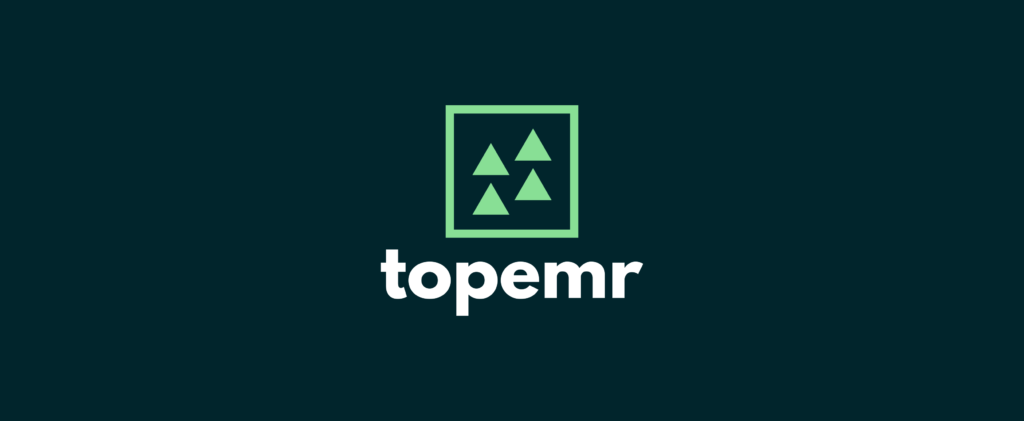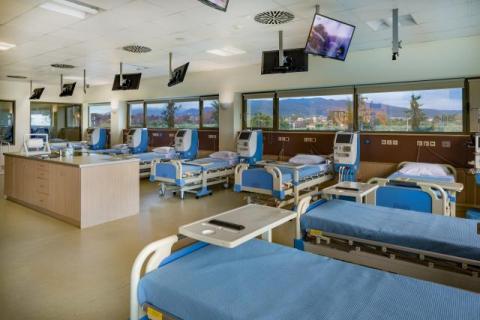Introduction: Dubai’s Dialysis Clinics at a Crossroads
Dubai is emerging as a regional hub for advanced healthcare delivery, driven by DHA regulations, NABIDH integration mandates, and a patient population increasingly demanding transparency and efficiency. Dialysis units in the emirate face dual pressures: deliver consistent, safe care while demonstrating operational discipline that withstands both insurer audits and regulatory inspections.
Traditional tools—paper logs, Excel sheets, fragmented EMRs—can’t keep up. The clinics that thrive in this environment are those that adopt a data-driven approach: they don’t just record information, they use it as a lever for compliance, throughput, and scale.
Clinicea, a SaaS platform purpose-built for dialysis, embeds this model into every workflow, from consent capture to inventory deduction. Reviewing both the insights from TopEMR.ae and the featured LinkedIn article, it becomes clear: data discipline is no longer optional in Dubai. It’s the growth engine.
1. Why Dialysis Clinics in Dubai Need Data Discipline
Dialysis is a high-volume specialty: dozens of patients, repeat visits, consumables consumed at every session, and strict clinical flows that must be followed. Without structured data systems, three recurring issues dominate Dubai clinics:
- Audit Failures: Missing vitals, unsigned notes, unbilled consumables. Regulators in Dubai are unforgiving, especially under MOH/DHA rules.
- Revenue Leakage: Stock-outs or missed billing codes create hidden financial drains.
- Patient Dissatisfaction: Delays, miscommunication, or inconsistent workflows translate into distrust.
The TopEMR.ae content repeatedly highlights these as pain points. The solution? Standardized, analytics-backed workflows that are live, actionable, and unified across operations.
2. What Data-Driven Really Means (Beyond Buzzwords)
The LinkedIn article stresses that being data-driven isn’t about collecting numbers—it’s about actively using them. In the context of Dubai:
- Chair Utilization: Tracking every chair, every hour. Idle time equals wasted capacity.
- No-Show Trends: Identifying patterns in missed appointments and closing gaps with automated SMS reminders.
- Treatment Consistency: Monitoring dialysis session durations and flags for anomalies like intradialytic hypotension.
- Inventory Variance: Preventing consumables from expiring in storage while another unit runs short.
- Patient Feedback: Treating satisfaction as a KPI—not a nice-to-have.
This metric-first mindset allows clinics to shift from firefighting to proactive management.
3. How Clinicea Powers Data-Driven Dialysis in Dubai
a) Clinical Workflows Embedded with Analytics
Clinicea’s dialysis-specific EMR includes flowsheets for vascular access checks, anticoagulant dosing, eGFR calculations, and vitals tracking. Each field is mandatory and timestamped, ensuring audit-grade completeness. Dashboards then surface protocol adherence rates across sites—spotting drift before it becomes a compliance failure.
b) Real-Time Scheduling & Utilization
Dubai’s dialysis units often lose 20–30% of potential capacity due to manual scheduling. Clinicea ties appointments directly to machines and chairs, auto-allocates slots, and issues SMS reminders via CallBox. This delivers the 32% utilization lift cited across multiple case studies.
c) Inventory Automation
Consumables—from heparin to dialyzers—are barcoded and auto-deducted per session. Stock dashboards show expiry alerts, batch tracking, and inter-unit transfer availability. Clinics report up to 15% inventory cost reduction, a figure validated by data from TopEMR.ae case reviews.
d) Billing and Audit Governance
Every treatment, consumable, and prescription is auto-linked to billing templates, reducing claim denials. Clinicea enforces coding compliance (ICD-10, HCPCS, RxNorm), crucial for Dubai’s insurance-heavy reimbursement model. Audit tools allow one-click export of consents, session logs, billing, and labs for MOH/DHA inspections.
e) Patient Feedback Integration
Clinicea collects patient feedback digitally—through portals or SMS—after each session. Ratings and comments are tied back to clinical records. This closes the loop between patient satisfaction and operational performance, supporting both compliance and loyalty-building.
4. Why Dubai Clinics Grow Faster with Data Discipline
Scaling Without Losing Control
A single dialysis unit can manage with ad-hoc methods. Expanding to 2–5 units—common in Dubai’s growing private sector—multiplies risk. Clinicea allows protocols, billing, and scheduling to be standardized centrally, ensuring identical workflows across units.
Predictable Revenue, Stronger Margins
By eliminating missed billing and consumable leakage, clinics protect revenue streams. Tracking AR aging and denial trends reduces cash flow volatility.
Audit Confidence
With every workflow digitally logged and dashboards surfacing compliance metrics, audits are no longer fire drills. Clinics can demonstrate continuous compliance year-round, a major advantage under DHA’s tightening governance.
Staff Accountability
Variation in care—whether vitals not logged on time or missed access checks—is highlighted in Clinicea’s dashboards. Managers in Dubai clinics report being able to pinpoint training needs in days, not months.
5. Evidence From Real Clinics
Groups such as The Hans Foundation, Kidney Solutions, and African Healthcare Network—all cited across both TopEMR.ae and the LinkedIn article—demonstrate what data-driven dialysis looks like in practice:
- 30% increase in chair utilization
- 45% reduction in patient wait times
- 15% reduction in consumables costs
- Zero audit flags across multiple inspections
Dubai clinics adopting Clinicea are already mirroring these results, positioning themselves for regional expansion while maintaining compliance integrity.
Conclusion: Data is Dubai’s Dialysis Differentiator
In Dubai, where regulatory compliance, patient expectations, and competitive pressures intersect, dialysis clinics that embrace data-driven systems gain a decisive edge.
- They scale faster without chaos.
- They protect revenue streams.
- They turn compliance from a burden into a strength.
- And they deliver more consistent, patient-centered care.
Clinicea isn’t just another EMR—it’s the infrastructure for data-first dialysis operations. For Dubai’s clinics, that means turning operational complexity into clarity, and growth into a repeatable system.
Data-driven dialysis clinics in Dubai achieve higher compliance, operational efficiency, and sustainable growth by using Clinicea EMR in alignment with NABIDH Connected compliance frameworks to deliver measurable performance and regulatory confidence.
Attached LinkedIn Article:
What Data‑Driven Dialysis Clinics Do Differently (And Why They Grow Faster) – https://lnkd.in/dYJ_NTBS


Leave a Reply